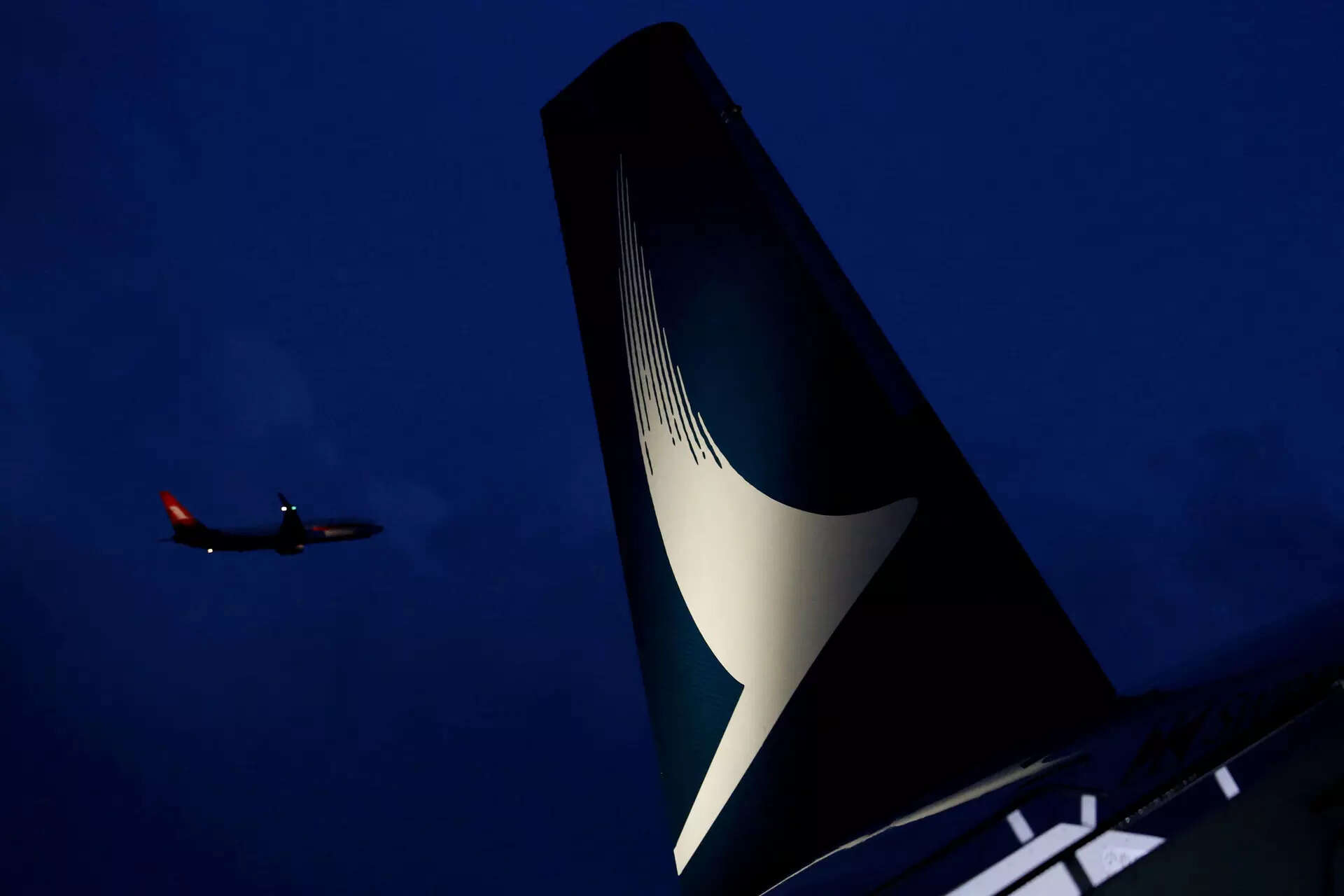
The International Air Transport Association (IATA) and the oneworld Alliance will now work together in the field of CO2 emission calculations with all 13 oneworld member airlines committing to contributing operational data to IATA’s CO2 Connect emissions calculator.
According to the associations, this will further improve the quality and accuracy of the tool, as the percentage of airline-specific fuel burn data used by the calculator will substantially increase, with the data provided by the following oneworld member airlines: Alaska Airlines, American Airlines, British Airways, Cathay Pacific, Finnair, Iberia, Japan Airlines, Malaysia Airlines, Qatar Airways, Qantas, Royal Air Maroc, Royal Jordanian, and SriLankan Airlines.
“Travellers want to make informed choices regarding their CO2 footprint and IATA CO2 Connect set out to provide CO2 emission calculations based on operational data. We are delighted that oneworld will become the first airline alliance to join this initiative, bringing in its 13 member airlines as data contributors. Their decision underscores the importance of the industry’s objective of providing consistency and alignment in this field,” said IATA Senior Vice President, Sustainability and Chief Economist, Marie Owens Thomsen.
“oneworld is proud to be the first global airline alliance to support IATA’s work to provide customers with high-quality estimates of the CO2 emissions of their flights. Our collaboration with IATA on CO2 Connect will in turn help key players across the aviation sector, including airlines, aircraft manufacturers and travel management companies among others, to make better and more informed choices for travelers and enhanced ESG reporting,” added oneworld Environmental and Sustainability Board Chair and General Manager Sustainability, Cathay Pacific, Grace Cheung.
In a recent opinion poll, 90 per cent of travellers stated that they have a responsibility to know about the carbon emissions of their flight, but only two in five actually do so. And while 84 per cent of those surveyed acknowledged that it is easy to find tools to accurately estimate their carbon emissions, the vast majority (90 per cent) expect airlines or travel agents to provide them with this information, indicating a reliance on the industry to proactively inform passengers about the carbon impact of their flights.
IATA launched CO2 Connect in June 2022, with the objective of using member airline data, such as fuel burn, belly cargo and load factors, to provide high-quality per flight passenger CO2 emission calculations. Paired with other IATA and open market data sources, IATA CO2 Connect calculates CO2 emissions for 74 aircraft types, representing 98 per cent of the active global passenger fleet, and considers traffic data from 881 aircraft operators representing 93 per cent of global air travel.Additionally, the IATA CO2 Connect data calculations are available to industry partners through an API or flat file, as well as via airline sales channels and travel management companies.
A Cargo calculator is also in development to launch in 2024, supporting demands from shippers and freight forwarders to access accurate CO2 emissions derived from actual airline data.
Further, IATA CO2 Connect will continue to evolve and include new features, having just launched a corporate reporting solution to support the demand to accurately report CO2 emissions from business travel, and next year will be introducing CO2 compensation solutions to support airlines and other industry partners.




